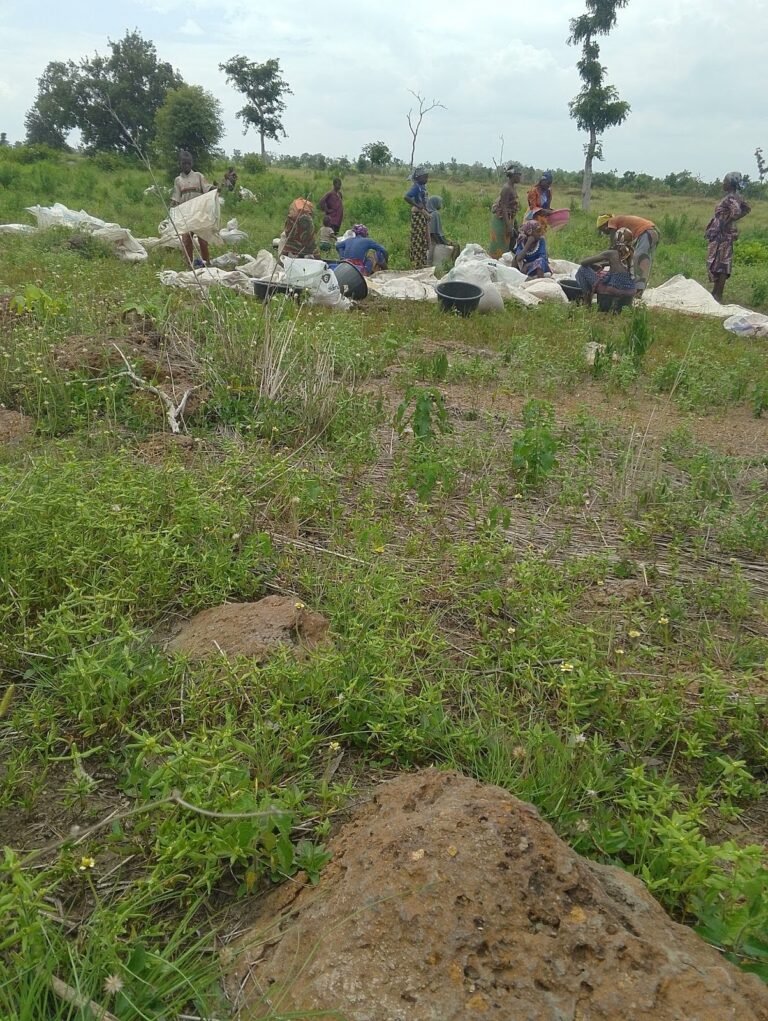The Nigeria Customs Service has started charging a new four percent levy on all imported goods. This charge, called the Free on Board (FOB) levy, replaces the old system where importers paid a one percent inspection fee (CISS) and a seven percent customs fee.
On paper, it looks like a single, simpler charge. But business owners say it is actually more expensive than the old fees combined. They warn that this extra cost will not stop at the ports, it will trickle down to consumers in the form of higher prices for everyday goods.
Here’s how it works: under the old system, the CISS fee was simply a charge for checking goods before they were shipped, while the customs fee was more like an administrative service fee. Now, instead of paying those smaller, specific charges, importers have to pay a much larger levy that covers the entire value of their goods.
The new FOB levy is worked out based on the full value of the goods being imported and not just the cost of the goods themselves. This includes the money spent to transport them to the port before they are shipped to Nigeria. In other words, everything that makes up the value of the goods up to the point of leaving the exporting country is taxed.
Customs officials say the move is meant to streamline collection and boost fiscal efficiency, but stakeholders in manufacturing and maritime sectors described it as a crushing weight on businesses and households.
“The added cost is a blow to trade and industry and increases the financial burden on importers,” said Dr Eugene Nweke, Secretary of the Customs Consultative Committee.
Already, importers face a maze of charges: a 20 percent duty, a 10 percent levy, and 7.5 percent Value Added Tax. In February, the Nigerian Ports Authority doubled its port rates from 7 percent to 15 percent, deepening the burden on importers. Vehicles and spare parts are among the goods expected to spike further in price. Former Senate President Bukola Saraki warned that “the 4 percent Free on Board levy will further strain the budgets of millions of struggling households.”
Analysts believe the timing is particularly harsh, this is because inflation continues to erode consumer spending power, with the National Bureau of Statistics reporting that the Consumer Price Index rose to 125.9 percent in July 2025, up from 123.4 percent the previous month.
Meanwhile, the policy has a contentious history. Customs first introduced the levy in February but suspended it after outcry from stakeholders. The House of Representatives later ordered its reinstatement in July, ruling that the older CISS and customs collection charges were illegal under the 2023 Customs Service Act.
Manufacturers fear the impact could be intense, too. “The levy is a blunt instrument at a fragile time for Nigeria’s economy,” said Sadiq Mustapha, a Senior Programme Officer at Democracy, Governance and Tax Justice with the Dispute Resolution and Development Initiative. While intended to boost revenue and promote local substitution, he cautioned, it risks weakening supply chains instead of strengthening domestic industry.
“On paper, it is meant to shore up government revenue and possibly encourage local substitution. However, in practice, it risks slowing down trade flows and weakening supply chains rather than stimulating local production,” says Mustapha.
The Nigerian manufacturing sector relies on imports for more than 70 percent of its raw materials, costing the country around $10 billion annually, says Senator John Owan Enoh, Minister of State for Industry, Trade, and Investment. This implies that frequent currency swings and chronic power shortages already make production costly.
This is corroborated in the Standard Bank’s 2024 Africa Trade Barometer Report that says businesses in Nigeria lose about $26 billion yearly to outages and spend another $22 billion on fuel for backup power.
“De-industrialisation stares us in the face,” warned Segun Ajayi-Kadi, Director-General of the Manufacturers Association of Nigeria. “The decision should be put away before it worsens and degenerates into an economic quagmire.”














